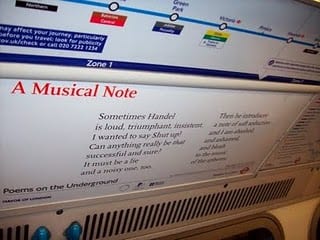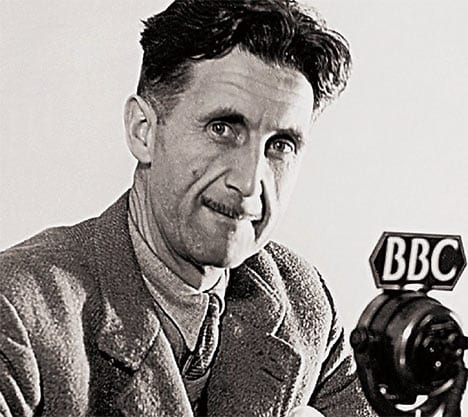Jackie Kay is judging the Larkin and East Riding Poetry Prize, to be awarded at the Bridlington Poetry Festival 14-16 June at Sewerby Hall in Bridlington http://www.bridlington-poetry-festival.com/ Competition closing date 15th April, £3 entry fee per poem. Further details here http://www.bridlington-poetry-festival.com/East_Riding_Open_Poetry_Competition_2013.pdf
Peter and Ann Sampson are judging the Mclellan poetry competition awarded through the Isle of Arran Theatre and Arts Trust as part of the annual McLellan Festival. Closing date 30th June. £5 per poem and £4 each for three or more poems. Further details here http://www.arranart.com/atat/poetry.html#compr
The free online course on Modern & Contemporary American Poetry offered by the University of Pennsylvania is running for a second time in September 2013. Starting with Emily Dickinson and Walt Whitman, the course follows American poetry to the present day. Further details at https://www.coursera.org/course/modernpoetry

